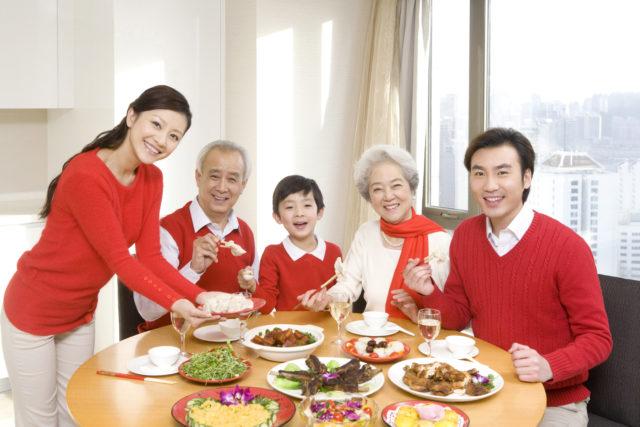The Chinese New Year is certainly one of the most captivating festivals anywhere in the world. Few other holidays are celebrated, with such pom and pageantry, in such a large scale, by so many people around the world. But there is definitely more to this amazing holiday than meets the eye. Those who were born and grew up with these traditions might be too accustomed to them, but to us outsiders, the details of this special new year can be fascinating!
The Chinese New Year has just begun for the year 2018, so we thought you should learn a little bit more about this captivating holiday. Here are 12 facts about the Chinese new year you probably didn’t know:
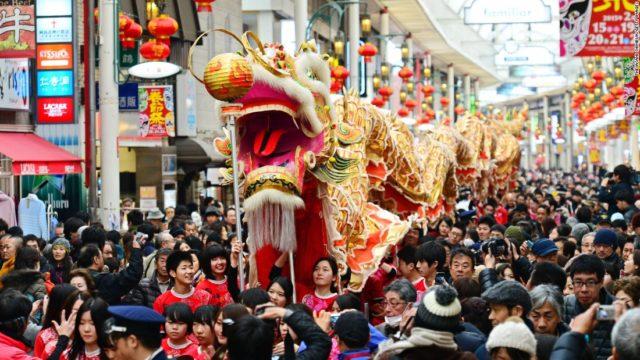
1. The Date Differs
The Chinese New Year does not fall on the same date every year. This is because it follows the Chinese lunar calendar, and not the regular solar one. But in general, it always falls in between January 21st and February 20th. In 2018, the Chinese New Year began on February 16th.
2. It’s Celebrated Worldwide
The Chinese New Year isn’t just celebrated in China, but in many Asian countries like Hong Kong, Vietnam, Singapore, Taiwan, North & South Korea, and etc. It is also celebrated in Chinatowns around the world, even the Western countries. Therefore, it is one of the biggest celebrations in the world, like Christmas and traditional New Years.
3. Animal Zodiacs
You’ve probably heard people say it’s the “year of the dragon” or “the year of the pig”, but did you how these animals are nominated? The Chinese lunar calendar actually has cycles of 12 years, and each year has an animal sign: Rat, Ox, Tiger, Rabbit, Dragon, Snake, Horse, Sheep, Monkey, Rooster, Dog, and Pig. When the end of the cycle is reached, it circles back to the beginning. 2018 is the Year of the Dog.
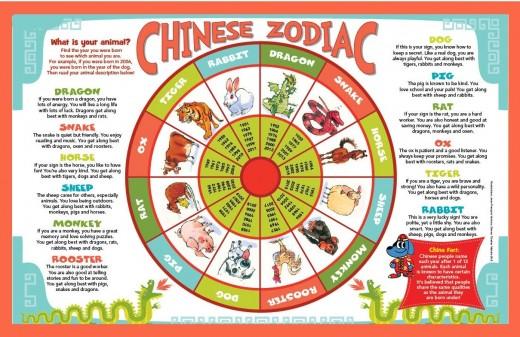
4. Holidays Galore!
Schools and workplaces are given holidays ranging from a single day to a month, depending on the country. While places like Indonesia and Philippines have just one day of holiday, people in Malaysia and Korea can except up to three days. In China, the New Year symbolizes the winter vacation, and usually includes a week’s holiday (schools may have about a month off).
5. A Family Affair
Family plays a very important role in the Chinese New Year. Families will travel together for vacation, or travel to see each other. The celebrations typically involve a family reunions and grand meals, as well as the gifting of money and presents to younger members.
6. Red is the New Red
You might have wondered why the Chinese seem to prefer red, and it’s because the color is believed to symbolize good health and fortune. Houses will be decorated with red lanterns, various other red decorations, and strips of red paper called “Chunlian” that contain good messages. Money is also gifted in red envelopes. On the flip side, black and white clothes are a taboo as they symbolize loss and mourning.
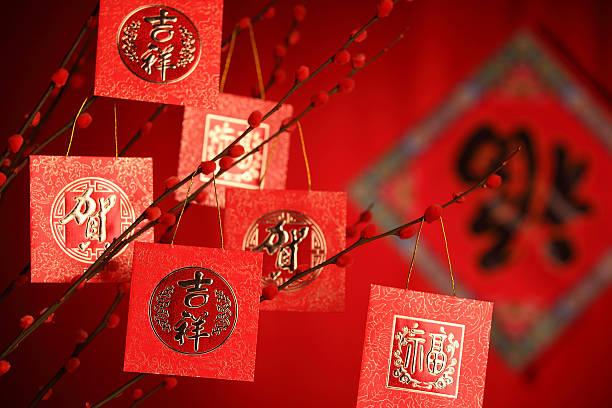
7. It’s Got A Confusing Name
The Chinese New Year is also confusingly called the “Spring Festival”, even though it falls in the middle of winter. But it’s given such a name because mid-February signals the start of spring in a traditional solar calendar. It represents the final and least cold part of winter in China, when they would typically begin preparations for upcoming spring.
8. It Lasts For 15 Days
That’s right, the Chinese New Year celebrations last for 15 whole days, making it one of the longest celebrations in the world. The highlights of the entire shebang are on the first day of the lunar calendar (the actual new year), as well as the fifteenth day and first full moon of the Chinese calendar, called the Lantern Festival (a sure sight to see!).
9. Lighting The Sky Up
The Chinese New Year’s eve celebrations in China sees the largest display and usage of fireworks annually in the world. Given that China produces more than 90% of the world’s supply of fireworks, it’s not really a surprise. But it’s actually related more to a tradition that says the bright lights and loud noises scare away evil spirits and demons.
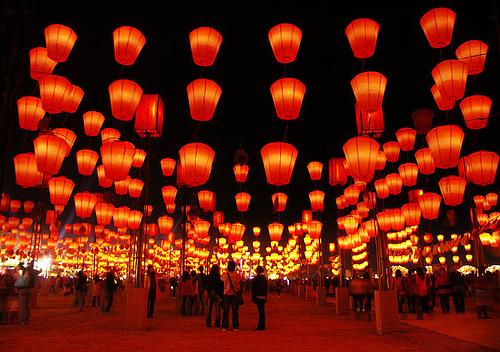
10. New Year, Older You
On the day of the Chinese New Year, everyone grows one year older, regardless of when they were actually born. It’s like the birthday of an entire nation! This is called the East Asian age reckoning, and says that life begins at age 1 (instead of 0). This means that people are actually one or two years older in Asian reckoning than the traditional aging system!
11. “Spring” Cleaning
The days before the Chinese New Year are when houses conduct a thorough spring cleaning of sorts. This is done to get rid of any negative effects left over from the previous year. On the contrary, a number of days following the new year are when no cleaning or throwing of garbage is done; so as to not accidentally get rid of positive vibes of the new year.
12. Cursed Singledom
Single men and women who are approaching their thirties are considered to be unacceptable in the Chinese society. Therefore, parents will try and set their single adult children up when they visit for the new year. To solve this problem, recent times have seen the uptick in rent-a-boyfriend/girlfriend, where men and women are available for “rent” to pretend to be your significant other while you visit family. What bizarre, yet genius idea!
